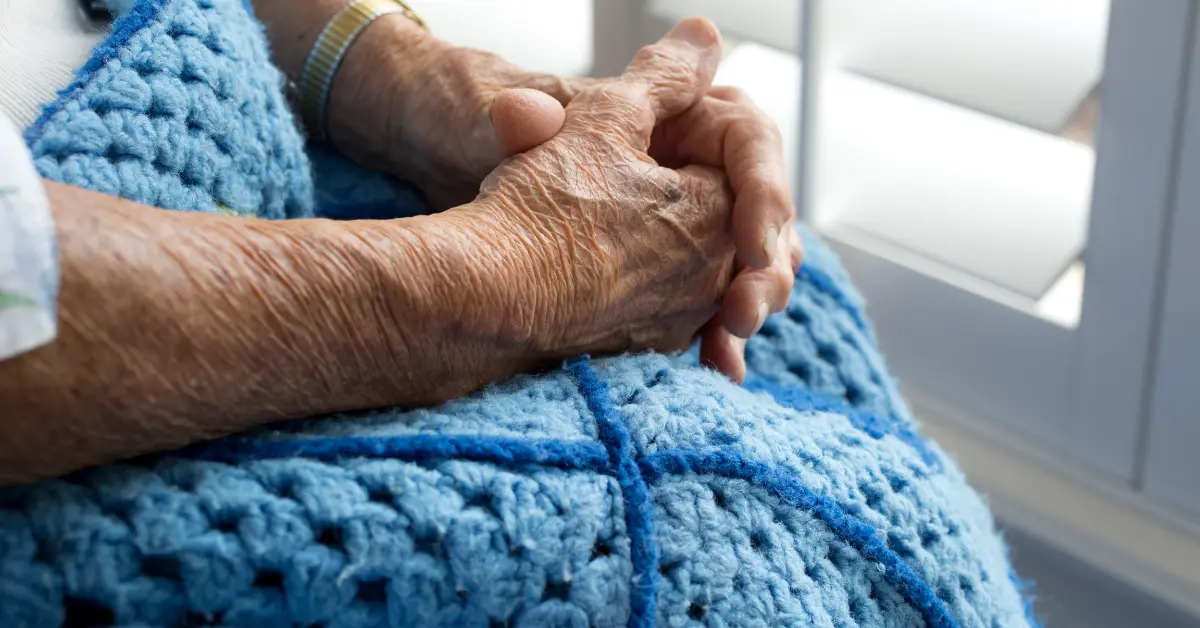The Resident Assessment Instrument (RAI) system includes a significant change in status assessment (SCSA). What might be forgotten is the State Operation Manual (SOM), Appendix PP, includes information that mirrors the RAI manual at
SCSA Definitions
Chapter 2 of the RAI Manual covers SCSA.
A “significant change” is a major decline or improvement in a resident’s status that:
-
-
- Will not normally resolve itself without intervention by staff or by implementing standard disease-related clinical interventions, the decline is not considered “self-limiting”;
- Impacts more than one area of the resident’s health status; and
- Requires interdisciplinary review and/or revision of the care plan.
-
Additionally, the SOM states a “Significant Change in Status Assessment (SCSA)” is a comprehensive assessment that must be completed when the Interdisciplinary Team (IDT) has determined that a resident meets the significant change guidelines for either major improvement or decline.
What To Do
Successful SCSA practices and protocols rest largely with the IDT.
-
-
- A member(s) of the IDT should be identified and skilled in minimum data set (MDS) completion including how to determine if an SCSA is warranted for a resident.
- The IDT involved in assessing should know whether an SCSA and/or physician notification is required for a resident. The team members should review both the requirements addressed in the SOM and the RAI manual. The SOM provides broad strokes to SCSA whereas the RAI manual discusses the topic more in-depth. For example, more information on an SCSA connection with the Preadmission Screening and Resident Review (PASRR) and Hospice is addressed in the RAI manual.
-
Once the IDT has identified an SCSA is needed, they need to know what needs to be documented and who will address scheduling according to the regulation and the RAI manual. This information also needs to be clearly delineated in the facility’s policies and procedures regarding the MDS / Care Area Assessment (CAA) / Care Planning and all its components.
-
Reminders
-
-
- A resident’s MDS, CAA, and Care Plan should be current and reflective of his/her status.
- The decision to complete an SCSA lies within the “judgement of the IDT.”
- There may be times a change is “self-limiting.”
-
- According to the SOM: Self-limiting is when the condition will normally resolve itself without further intervention or by staff implementing standard clinical interventions to resolve the condition.
- According to the RAI manual: Self-limiting is when the condition will normally resolve itself without further intervention or by staff implementing standard disease-related clinical interventions. If the condition has not resolved within 2 weeks, staff should begin an SCSA. This time frame may vary depending on clinical judgement and resident needs.
- According to the SOM: Self-limiting is when the condition will normally resolve itself without further intervention or by staff implementing standard clinical interventions to resolve the condition.
-
- The medical record should reflect the rationale to complete an SCSA or not, as there are timeframes involved in determination and subsequent completion of the MDS / CAA / Care Plan, if needed.
- The IDT should be aware of residents who fluctuate in mental, psychosocial, emotional, and physical well-being and care planning should be reflective of these fluctuations at a person-centered level.
- It is within the purview of the IDT to “implement necessary assessment, care planning and clinical interventions, even though an MDS assessment is not required.” A key is the ability of the IDT to know what meets the definition of an SCSA, when to complete and maintain necessary documentation to support the resident need.
-
